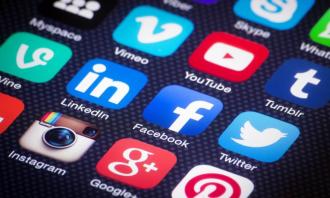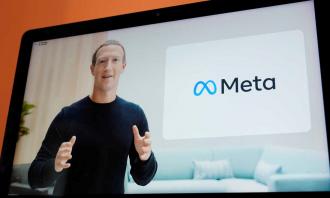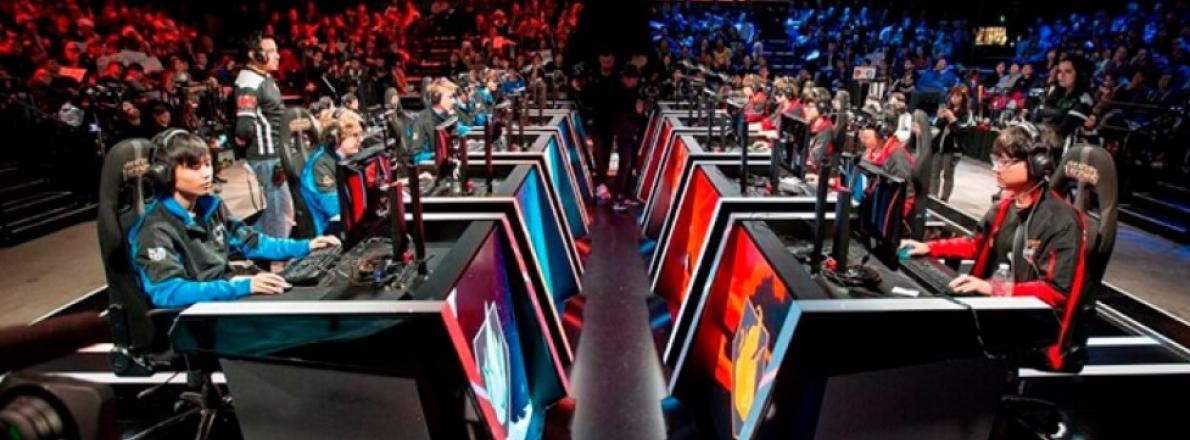
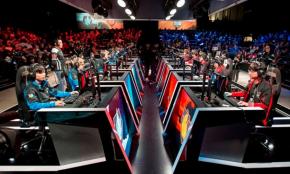

Nissrine Fessikh
21-06-2021 5 min readThe Marketing Potential Of The Esport Ecosystem
In order to make the most of the marketing potential of eSports, it is important to understand the types of eSports and events, to evaluate and analyze the huge fan base it offers, and above all to know the tools that allow you to take full advantage of it.
Here is a list of the most popular types of eSports with interesting marketing potential
The main types of video games are MOBA (multiplayer online battle arena), first-person shooter (FPS), combat, card games, and Battle Royale.
In terms of franchises, the most popular names are League of Legends (which tops the chart), Dota 2, Counter-Strike, Fortnite, Call of Duty, and Overwatch
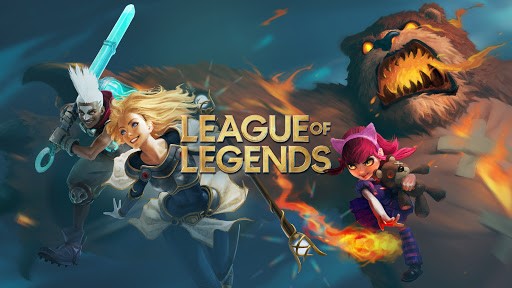
These games bring together millions of amateur players and thousands of professional players who compete in award-winning events.
As an example, Dota 2, a video game released in 2013, has since distributed nearly $227.5 million in prizes in more than 1,400 tournaments to its community of more than 3,800 professional players, making it the most awarded video game.
The second position is held by Counter-Strike: Global Offensive. It was released in 2012 and has distributed more than $102 million in more than 5,200 tournaments.
What opportunities does eSports offer to marketers?
-
Viewers that exceed one billion
According to statistics, as of 2019, nearly one billion people watch video game tournaments worldwide, so this is an annual increase of almost 50%.
-
A young, diverse, and digital native audience
With over 22% of Internet users reporting having watched esports competitions, it is clear that the target audience for this industry is in many ways diverse. However, there are similarities and patterns that allow marketers to identify opportunities.
Global insights show that esports fans are primarily Generation Z and Millennials: young consumers with a passion for digital tools and technologies.
In terms of age distribution, 32% of those who watch esports are between 16 and 24 years old, 30% are between 25 and 34 years old and 19% are between 35 and 44 years old.
-
A very active audience
eSports fans are very active and engaged. According to GlobalWebIndex, Internet users spent more than 6 billion hours watching eSports in 2018. This figure refers not only to tournaments but also to live streaming, which is proving to be a very effective interactive marketing tool.
The popularity of live streaming platforms like Twitch and Youtube confirms the data. Figures show that 15 million Twitch users watch live game streams every day. With such impressive data, in terms of viewership and engagement, eSports has become extremely attractive to marketers looking to interact with the audience.
Some "best practices" for a winning eSport marketing
-
Choose eSports carefully because audiences vary
Each eSport has its specific audience and characteristics that attract a particular type of fan. It is, therefore, crucial to choose the vector of a global campaign carefully.
-
Check the reach and numbers of each game
To make sure they're making the right choice, marketers will need to carefully analyze the numbers and see what's behind them to decide if there's a presumption of return on investment.
-
Stay authentic and relevant
Consumers have become very sensitive to how brands approach them: they reject anything that lacks credibility and seems too laborious, and gamers are no strangers to this attitude.
-
Evaluate the risks
Video games are entertaining and challenging, but some are also violent and some are even accused of being sexist. These pose certain threats to brand associations that need to be considered.
-
Integrate eSport marketing into a broad strategy
Esport marketing is not an end in itself, but a direction, an element of a global strategy that combines partnerships and digital and IRL initiatives. To be successful, esport marketing must employ digital tools that attract and seduce consumers by highlighting brand values, product qualities, and stimulating conversions.
Don't miss any news, subscribe now!
Related articles
Publications recommandées



